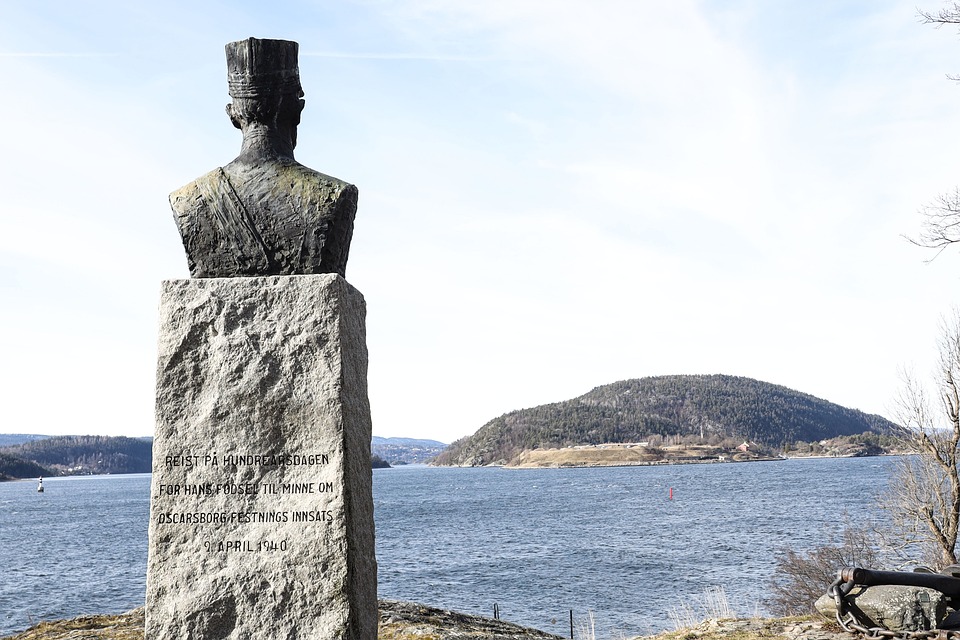Legacies of Leadership: Influential Figures Who Changed History
Throughout history, certain individuals have risen to prominence, leaving an indelible mark on the world through their leadership, vision, and courage. These influential figures not only shaped the socio-political landscape of their time but also established legacies that continue to resonate in contemporary society. From revolutionary thinkers to transformative political leaders, here are some of the most significant figures whose contributions changed the course of history.
1. Mahatma Gandhi: The Architect of Nonviolent Resistance
Mahatma Gandhi, a leader in the Indian independence movement against British rule, is best known for his philosophy of nonviolent resistance, or Satyagraha. His belief in peaceful protest as a means of achieving social and political change inspired movements for civil rights and freedom across the globe. Gandhi’s legacy is evident in various struggles for justice, from the Civil Rights Movement in the United States led by Martin Luther King Jr. to the anti-apartheid movement in South Africa spearheaded by Nelson Mandela. Gandhi taught the world that the most profound change often requires patience, compassion, and a steadfast commitment to nonviolence.
2. Nelson Mandela: A Symbol of Resilience and Reconciliation
Nelson Mandela’s journey from political prisoner to the first Black president of South Africa is a testimony to the power of resilience and reconciliation. After spending 27 years in prison for his anti-apartheid activism, Mandela emerged not with a desire for revenge but with a vision for unity and healing. His leadership during South Africa’s transition from apartheid to a multiracial democracy is a powerful example of forgiveness and coexistence. Mandela’s legacy lives on through his emphasis on human rights, justice, and equality, reminding us that true leadership often means fostering understanding and dialogue, even in the face of adversity.
3. Martin Luther King Jr.: The Voice of the American Civil Rights Movement
Martin Luther King Jr. emerged as a prominent figure in the American Civil Rights Movement, advocating for racial equality and justice through peaceful protests. His eloquence and moral conviction, most famously articulated in his "I Have a Dream" speech, rallied millions to his cause. King’s leadership went beyond mere civil rights; he sought to address poverty and war, advocating for a “Beloved Community” where all individuals are treated equally. His legacy at the heart of social justice movements continues to inspire future generations to challenge systemic inequality and strive for a fairer society.
4. Winston Churchill: The Steadfast Leader during Crisis
Winston Churchill’s leadership during World War II significantly influenced not only the outcome of the war but also the future of Europe. His unwavering resolve and stirring speeches rallied the British people against Nazi Germany during its darkest days. Churchill’s legacy encompasses not just military strategy but also the importance of resilience and fortitude in leadership during crises. His vision of a united Europe post-war contributed to the establishment of alliances that shaped contemporary geopolitics, emphasizing that effective leadership requires the ability to inspire hope and courage amidst despair.
5. Malala Yousafzai: A Voice for Education and Gender Equality
As a young activist advocating for girls’ education in Pakistan, Malala Yousafzai defied the Taliban’s oppression and survived an assassination attempt for her efforts. Her resilience and eloquence brought global attention to the importance of education, especially for girls in developing countries. Malala’s unwavering commitment to her cause, exemplified in her autobiography and Nobel Peace Prize acceptance speech, positions her as a leading figure in contemporary activism. She represents the potential of youth leadership and the transformative power of education in shaping a better future.
Conclusion
The legacies of these influential figures illustrate the profound impact that dedicated leaders can have on society. Each, in their unique context, championed ideals that transcended their time and geography, challenging injustice and advocating for a more equitable world. Their stories serve as powerful reminders of the responsibilities that come with leadership and the enduring hope that change is possible through courage, dialogue, and empathy. As we navigate the complexities of our contemporary world, the lessons and legacies of these leaders remain relevant, inspiring new generations to become agents of positive change.
For more insights into the legacies of these influential figures, consider visiting [modern_footnote_source_link].


























Add Comment